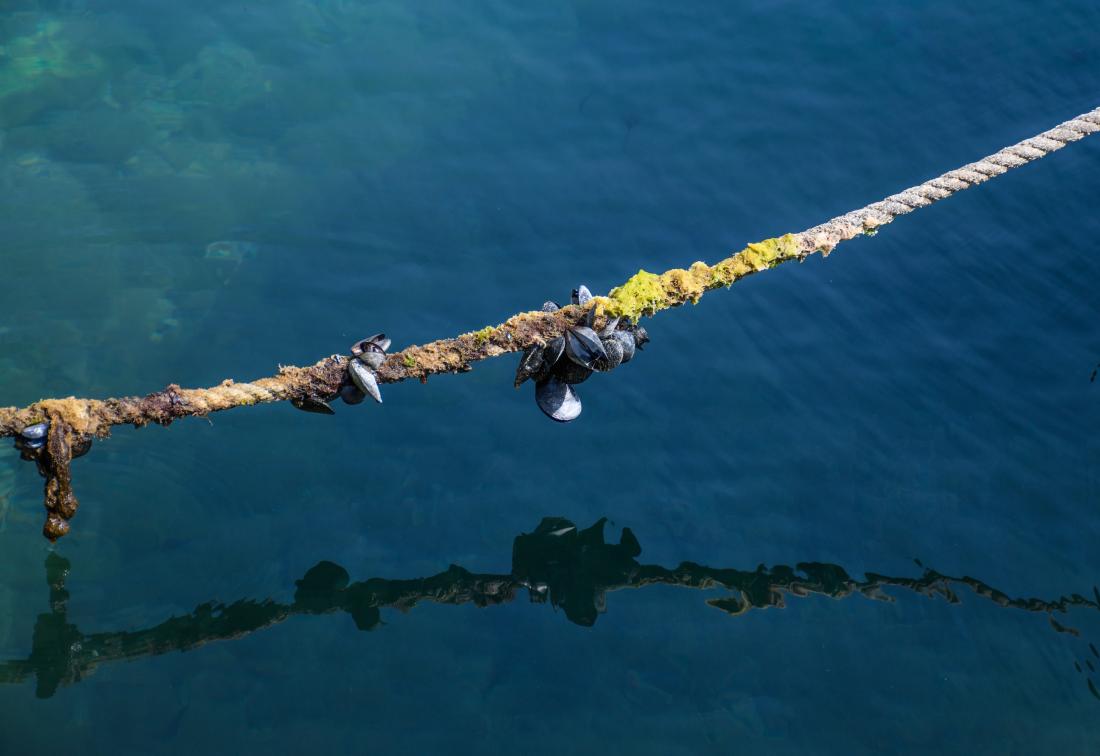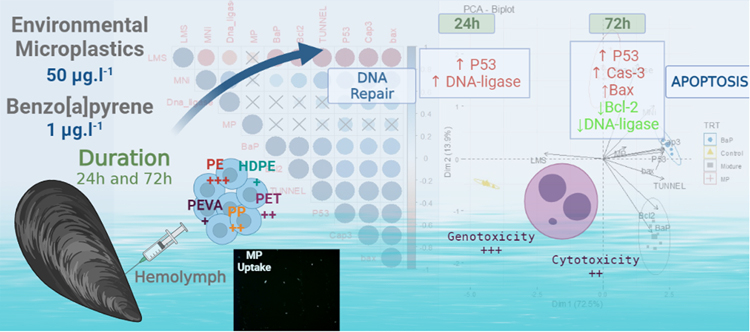“We still don’t know enough about the dangers of microplastics”, says COMMON Project researcher Mohamed Banni

It’s not easy to gain deep expertise in the more complex area of biotechnology, and it’s even more difficult in a field that is rapidly evolving and generating new questions and mysteries. Currently, there is a knowledge gap on the hazards of environmental microplastics (MP) on marine organisms. “So far, their effects combined with other pollutants are still unclear”, wrote Mohammed Banni, professor at Higher Institute of Biotechnology Monastir, Tunisia, partner and pilot area of COMMON project.
A new study published a few weeks ago in the Elsevier Journal of Hazardous Materials points to the risk to the marine ecosystem as a result of the ubiquity and abundance of plastics in marine ecosystems.
The study found that microplastic can cause a severe hazard including tissue damage, physiological disturbances, DNA degradation, and oxidative stress on aquatic organisms, such as the mollusc Mytilus galloprovincialis, one of the indicator species for plastic ingestion analysis in the Eni CBC Med Programme-funded COMMON project (Coastal management and monitoring network for tackling marine litter in the Mediterranean Sea).

This specific mollusc was chosen as commonly used as a biological model to monitor pollution of coastal waters, evaluate the toxic effect of chemical pollutants, and estimate the risks posed by environmental stress in the aquatic ecosystem. Moreover, the International Council for the Exploration of the Sea (ICES) has suggested mussels as an appropriate sentinel organism for microplastic contamination.
Apart from that, Mediterranean mussels have an important commercial value, and it is consumed worldwide due to their particular nutritional value, a highly valued food source, which makes M. galloprovincialis a probable vector of contaminants to humans.
The study is “a critical first step in understanding the future risk of environmental microplastic for the marine ecosystem, their ability to accumulate xenobiotics and transfer them to marine biota, with potential adverse repercussion on their health status”, says researchers.
You can read the full details of the study here.







